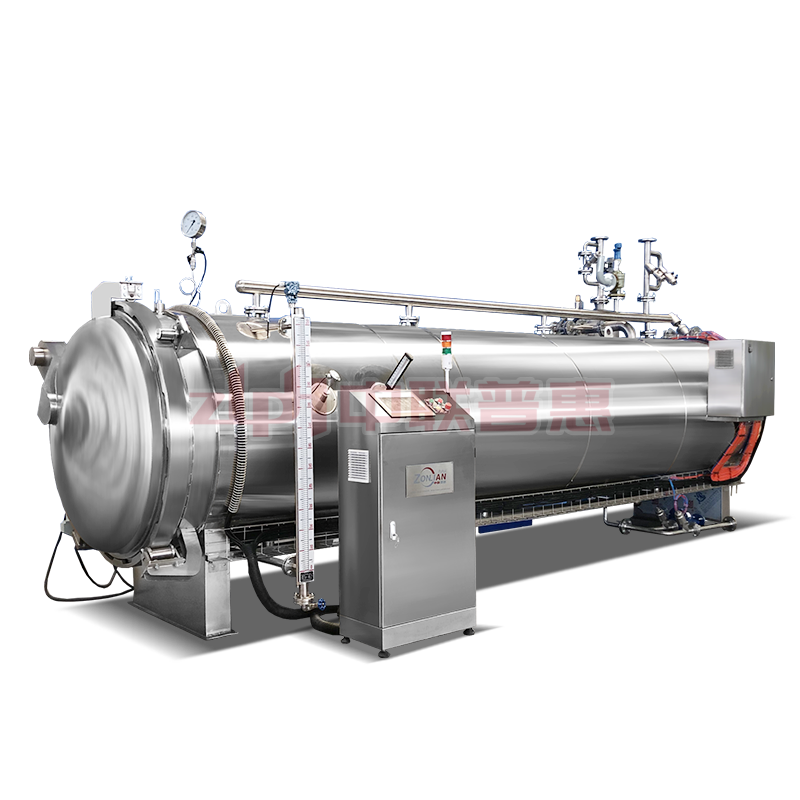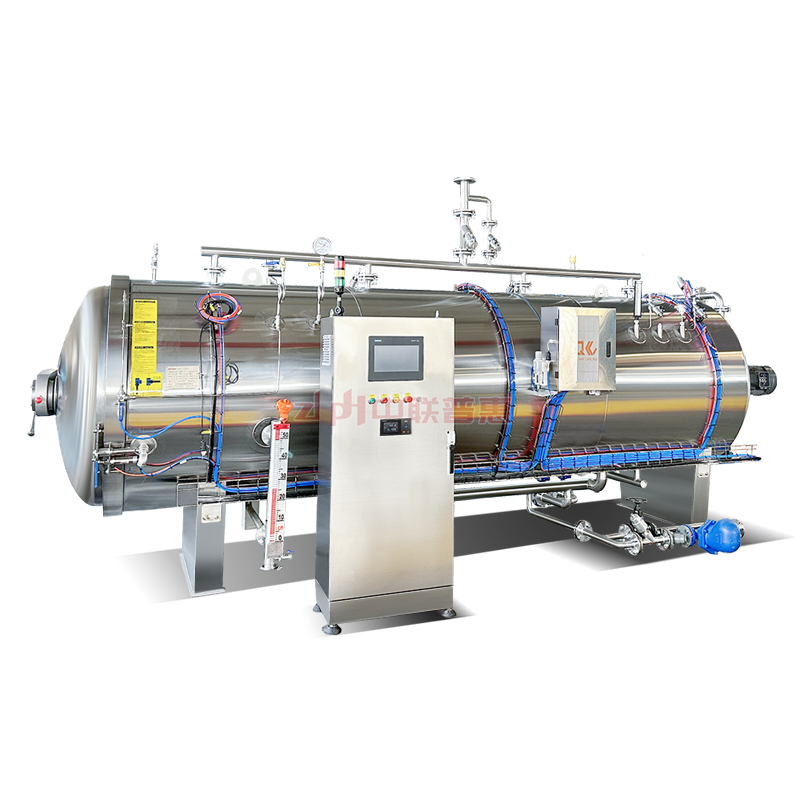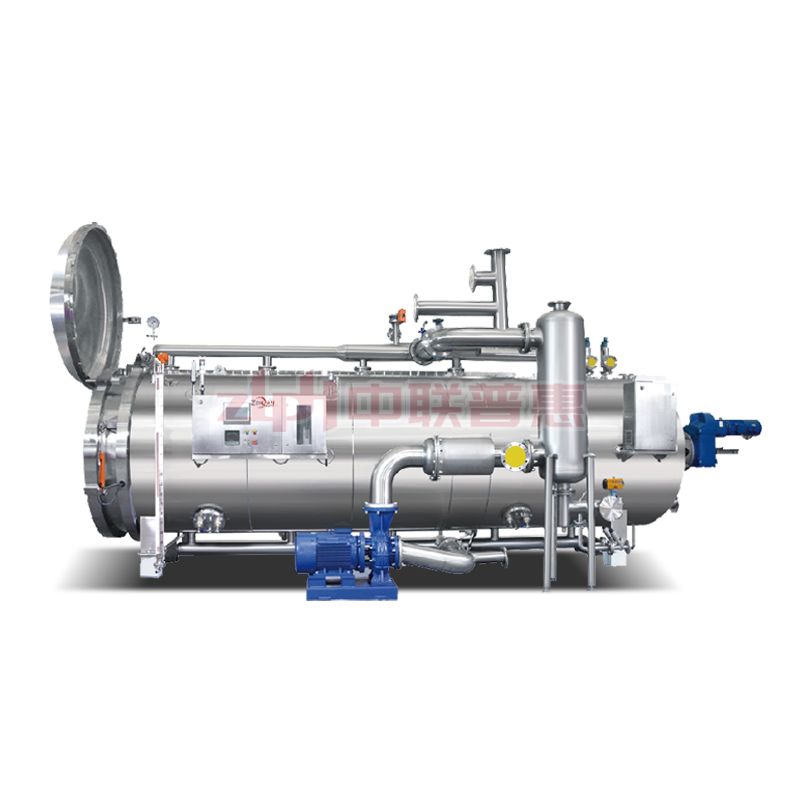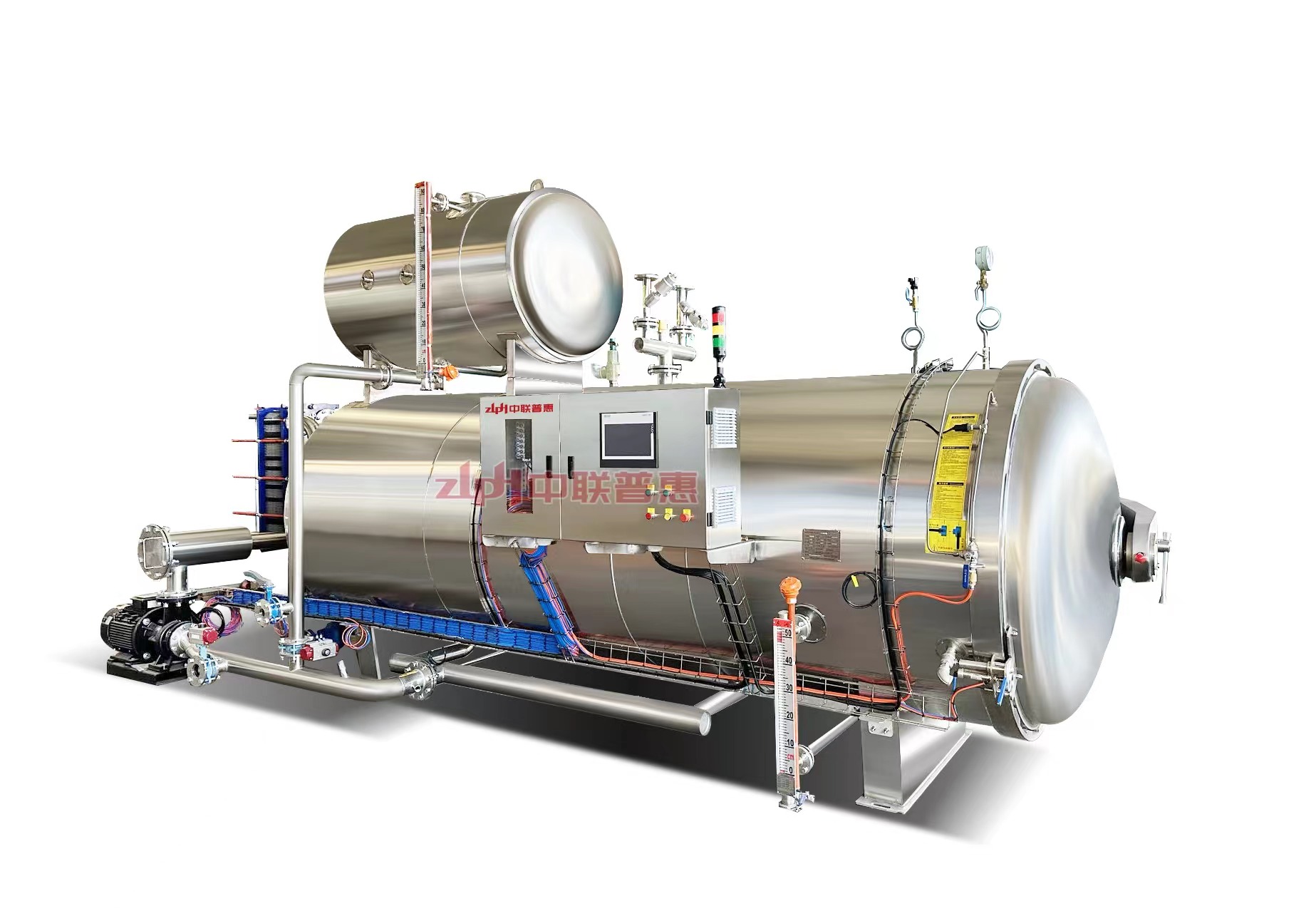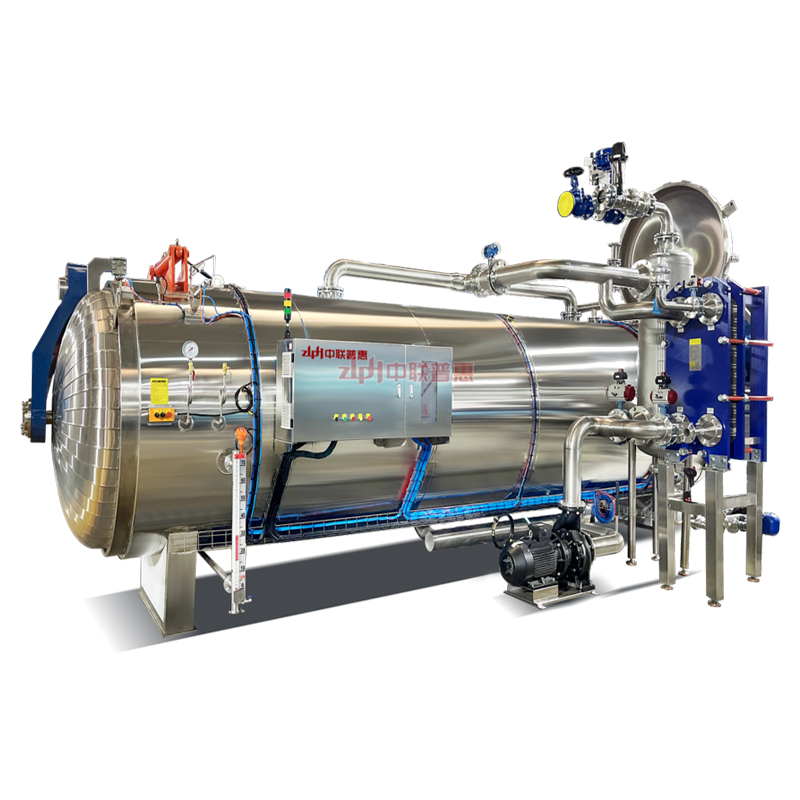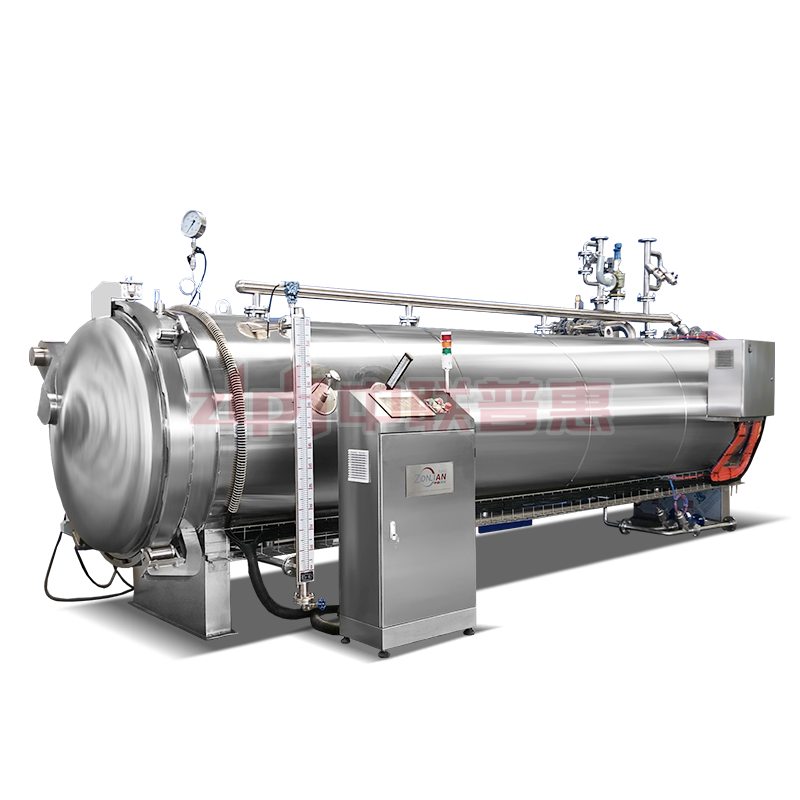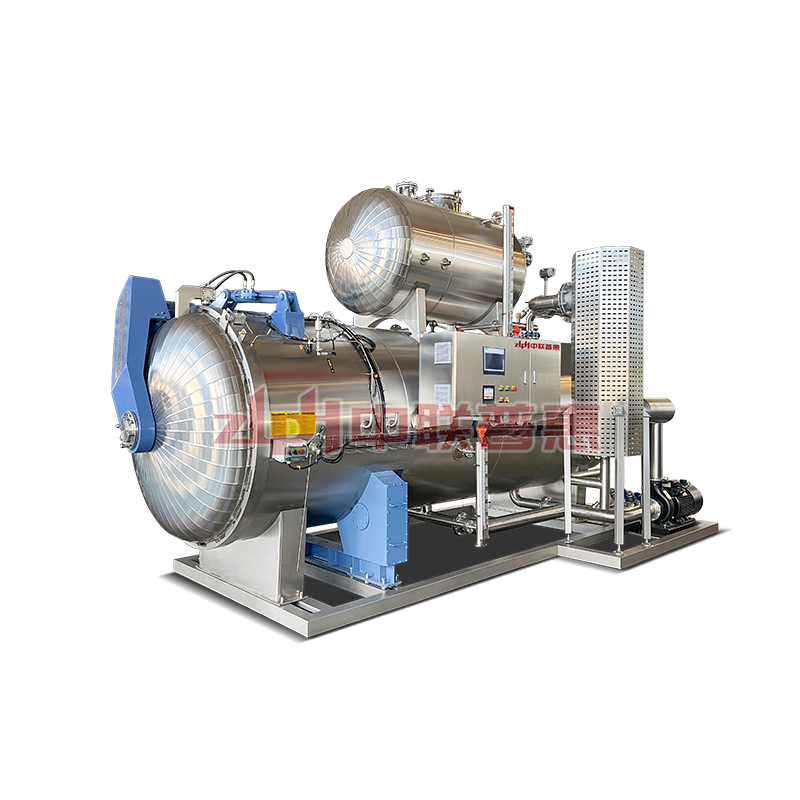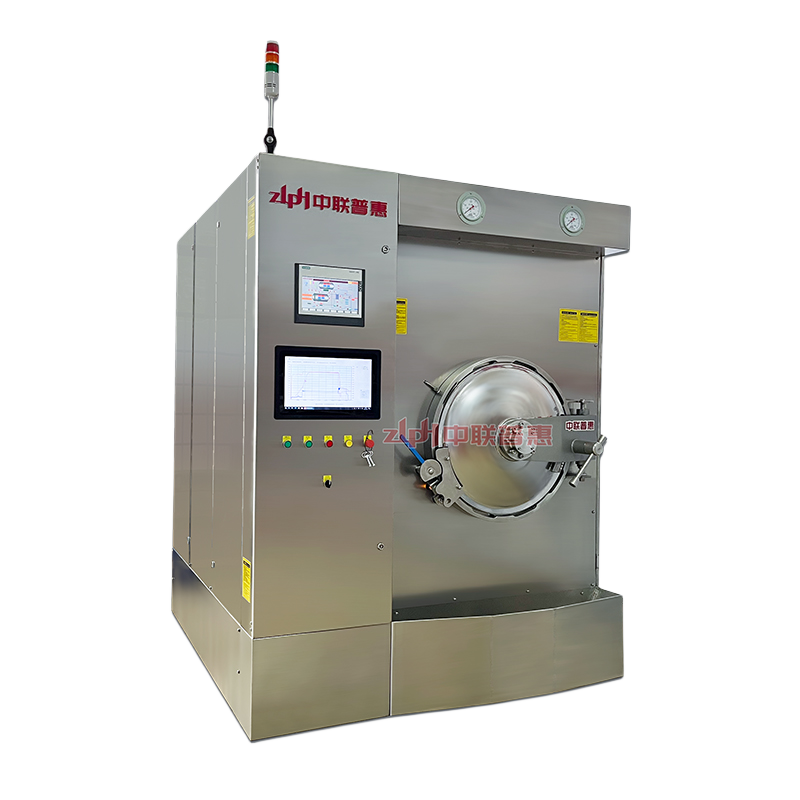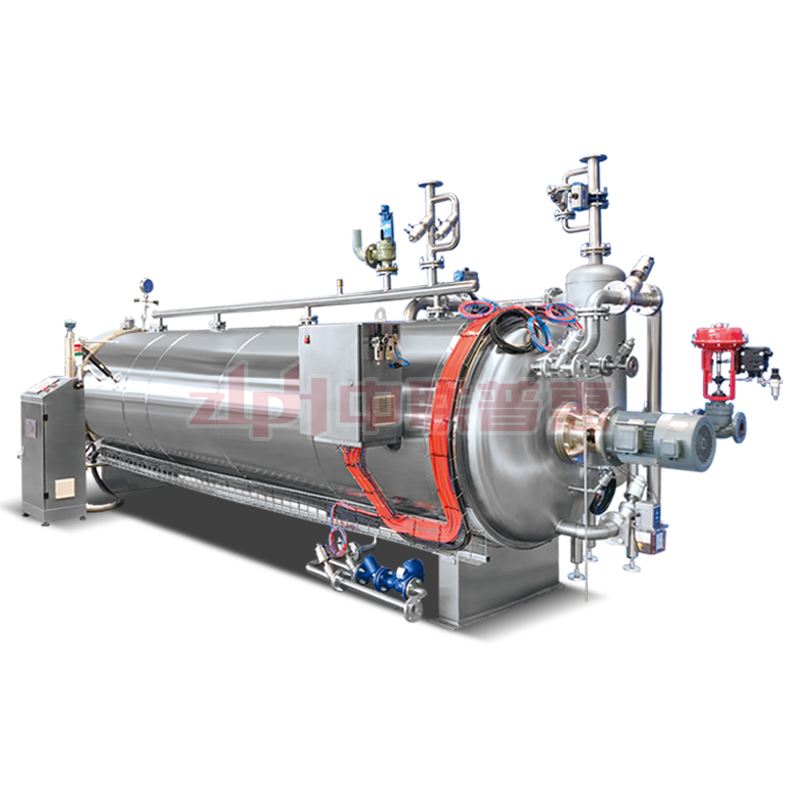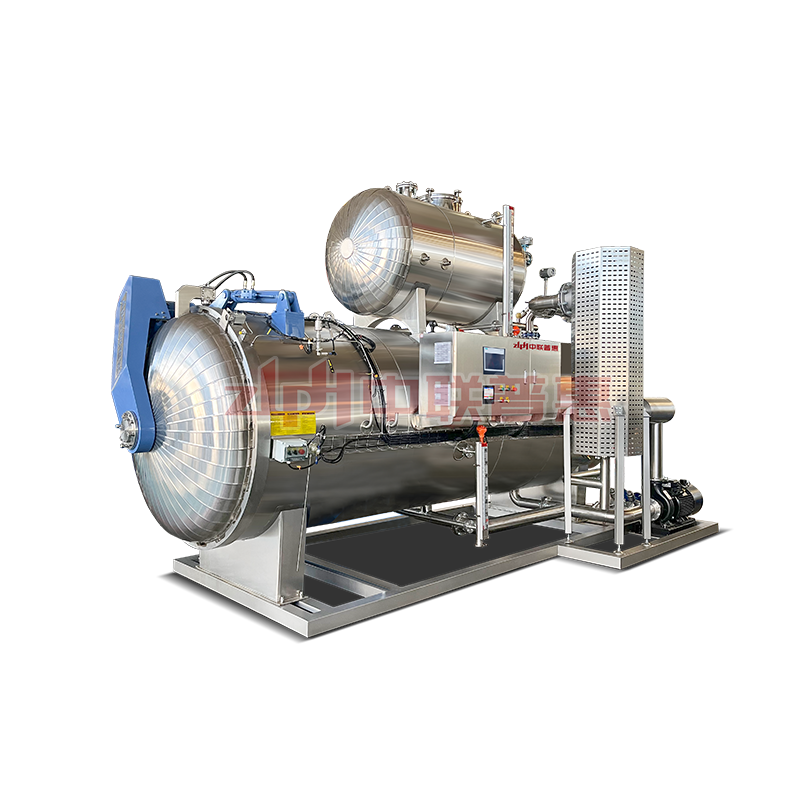Contents
Environmental Benefits of Using Autoclaves
Energy Efficiency and Emission Reduction
Safety and Environmental Protection
Impact on Waste Recycling and Disposal
Innovative Technologies and Sustainable Development
The Role of Autoclaves in Future Eco-Friendly Production
Modern industrial technologies are actively developing towards increasing environmental friendliness and energy efficiency. Among numerous innovative solutions, special attention is paid to autoclave systems. These devices make it possible to significantly optimize sterilization, neutralization, and material recycling processes, which plays a key role in reducing harmful emissions and improving product quality. A steam-air autoclave is not just equipment for thermal processing, but also an important element of eco-friendly production that helps minimize environmental impact.
Environmental Benefits of Using Autoclaves
In the context of the growing need for environmental protection, the use of autoclaves is becoming an important component of responsible production. These devices ensure a high degree of sterilization without the use of chemicals, which significantly reduces the amount of harmful emissions. Autoclaves use pressure and high temperature to guarantee the destruction of bacteria and other microorganisms. This not only ensures the safety of the final product but also reduces the need for disinfectants that can have a negative impact on nature. In addition, autoclave equipment helps minimize waste by providing reliable and efficient recycling of used materials. You can learn more about this by following the link: Steam-air autoclave autoclave autoclave.
Energy Efficiency and Emission Reduction
One of the key advantages of autoclaves is their ability to significantly reduce energy consumption. Thanks to optimized thermal processing, these devices can save up to 30% of energy compared to traditional sterilization methods. This achievement not only reduces production costs but also lowers overall carbon dioxide emissions. In addition to reducing energy consumption, the Steam-air autoclave autoclave autoclave contributes to lower emission levels due to its hermetic design and the use of renewable energy sources. This approach actively contributes to achieving more sustainable and environmentally friendly production.
Safety and Environmental Protection
The use of autoclaves maintains a higher level of production safety by minimizing chemical risks. They provide reliable and predictable process conditions, which is especially important when working with hazardous and potentially harmful materials. This factor makes autoclaves not only effective tools for sterilization but also ensures their contribution to creating a safe working environment. Furthermore, reducing chemical emissions and using sustainable sterilization methods help improve the quality of air and water resources in the environment, reducing the negative impact of industrial activities on nature. To learn more about the capabilities of autoclaves, we recommend visiting Steam-air autoclave autoclave autoclave.
Impact on Waste Recycling and Disposal
Autoclaves play an important role in the recycling and disposal of industrial waste. Thanks to their technology, they convert waste into valuable resources or ensure their safe destruction. This helps reduce pollution levels and decrease the amount of waste sent to landfills. Autoclaving technologies can process even complex types of waste, such as medical and biological waste, ensuring their complete sterilization and disposal. Thus, the implementation of these systems in production directly affects the improvement of the environmental situation and reduces anthropogenic impact.
Innovative Technologies and Sustainable Development
The modernization of production processes using autoclaves is an important step towards sustainable development. The integration of these technologies allows companies not only to reduce their environmental footprint but also to make their processes more flexible and innovative. The latest autoclave models are equipped with monitoring and control systems that optimize all production stages. This contributes to more rational use of resources and allows manufacturers to adapt to changes in environmental requirements and standards.
The Role of Autoclaves in Future Eco-Friendly Production
Given global trends towards sustainable development, the role of autoclaves will become even more significant in the future. This equipment already demonstrates high efficiency in reducing environmental impact, and there is every reason to believe that its importance will only grow. Investing in such technologies is becoming not only an economically beneficial solution but also an important contribution to protecting the planet. The demand for autoclaves will increase in various industries, including medical, chemical, food, and others, where a high degree of sterilization and environmental friendliness is required. Thus, the development and implementation of autoclave systems remain a key direction for modern enterprises striving for an eco-friendly and sustainable future


